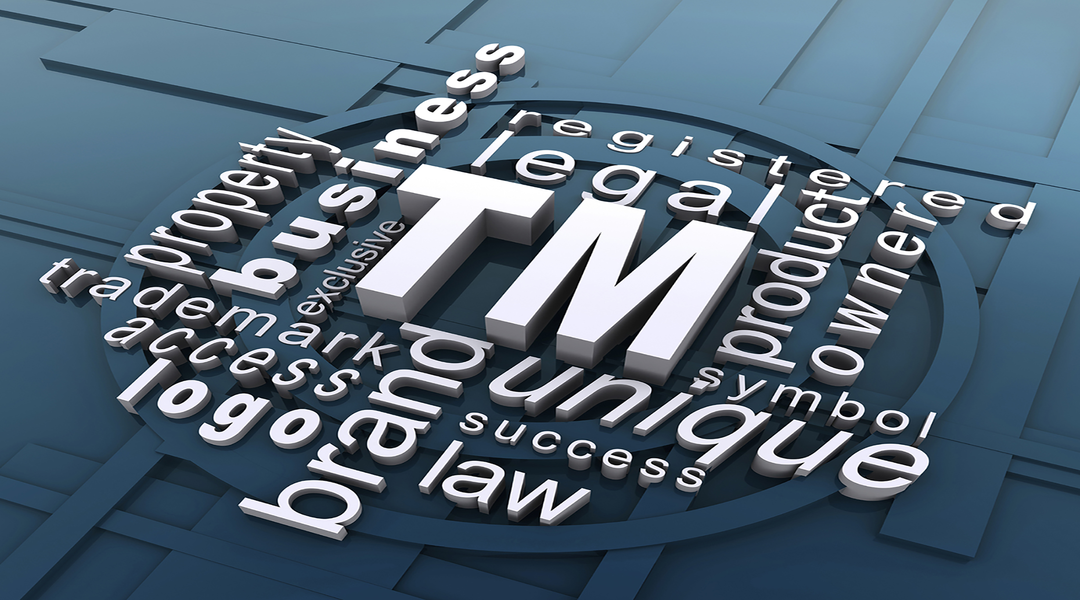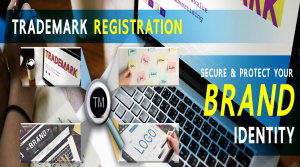Identity is a significant fact. Proper acceptance and recognition of our identity is thus a necessity. Identity includes name, logo, color or slogan. Trademark grants a unique stand for your business as the source of certain products (trademark) or services (service mark).This will help your customers to identify you correctly.
To own a trademark for your identities you should know the constraints & some Morals.
MORAL 1: Completion of Trademark Clearance Search in native region & Internationally.
Trademark Clearance Search in native region is the initial step. And if your company needs to extend to foreign lands, then Trademark Clearance Search should be done internationally. The international authorities may be Worldwide Identical Screening Search (WISS), U.S. legal counsel, EU trademarks.
MORAL 2: The trademark should correctly and clearly describe the Business Products/Services.
Trademarks should correctly and clearly describe the Business Products/Services. Wrong or Mismatching descriptions are not allowed. The translation of our brands across the culture & language is also to be examined.
MORAL 3: Choose & finalise the products & services of your trade.
This step is to categorise your business. This is to classify your identity based on the goods & services your business deals with. For International applications this is a must. Even if there are multiple categories, the variations must be specified clearly.
MORAL 4: Avoid announcing your plan to file Trademark before the approval.
Keeping mum about your trademark application can avoid many of the competitors. i.e it will restrict others from commanding over your applications.
MORAL 5: Locate the region of your trademark establishment.
Even Though there are many IP registration bodies covering more than one region, you have to initially focus on where you are establishing your trade. For locating the region the prior process is to identify which region will be beneficial for your trade.
MORAL 6: Sort out the treaty which is applicable for your application and complete the procedures within 6 months.
The next step is to sort out the treaty applicable for your application & complete the procedures within 6 months. Region based conventions provide different regulations. For eg: if you register under Paris Convention, you will be owning two important rights.
- National Treatment: If you file for trademark registration in one region then, you will be granted the same trademark protections as their citizens.
- Principle of Priority Rights: In a foreign registration, if you file with any member of the Paris Convention within six months of filing with the USPTO, the filing date of your foreign registration will be the date that you filed with the USPTO. This grants you priority as there will be no region wise competitors.
MORAL 7: Plan initially for International trademark.
If you are planning to initially establish a trademark for one region and then to expand it internationally, then choose IP registration accordingly. One of such protocols are Madrid Protocol. Here a single application can be an international one which will be extended to other regions registered under Madrid Protocol. Under the protocol, an application should obey the regulations of all regions covered under Madrid Protocol. Even Though the charges differ according to the classes covered by the trade, the payment is a single collective charge.
MORAL 8: U.S Valuation – Then To World Intellectual Property Organization (WIPO)
After your application is valuated and is approved by the U.S, then it will be forwarded to World Intellectual Property Organization (WIPO).After the certification of WIPO, then a series of scrutinisation is conducted by the jurisdictions where the applicant applied for Trademark. The scrutinisation takes 12 to 18 months, and the certification if passed will last for 10 years. The applications then can be renewed & transferred within each participating jurisdiction with a single document & single payment.
MORAL 9: After registration conduct Due diligence, to avoid conflicts.
After the trademark registration due diligence should be done. You should always monitor the industry, whether others avail your identities, which will help you to avoid ownership troubles.





